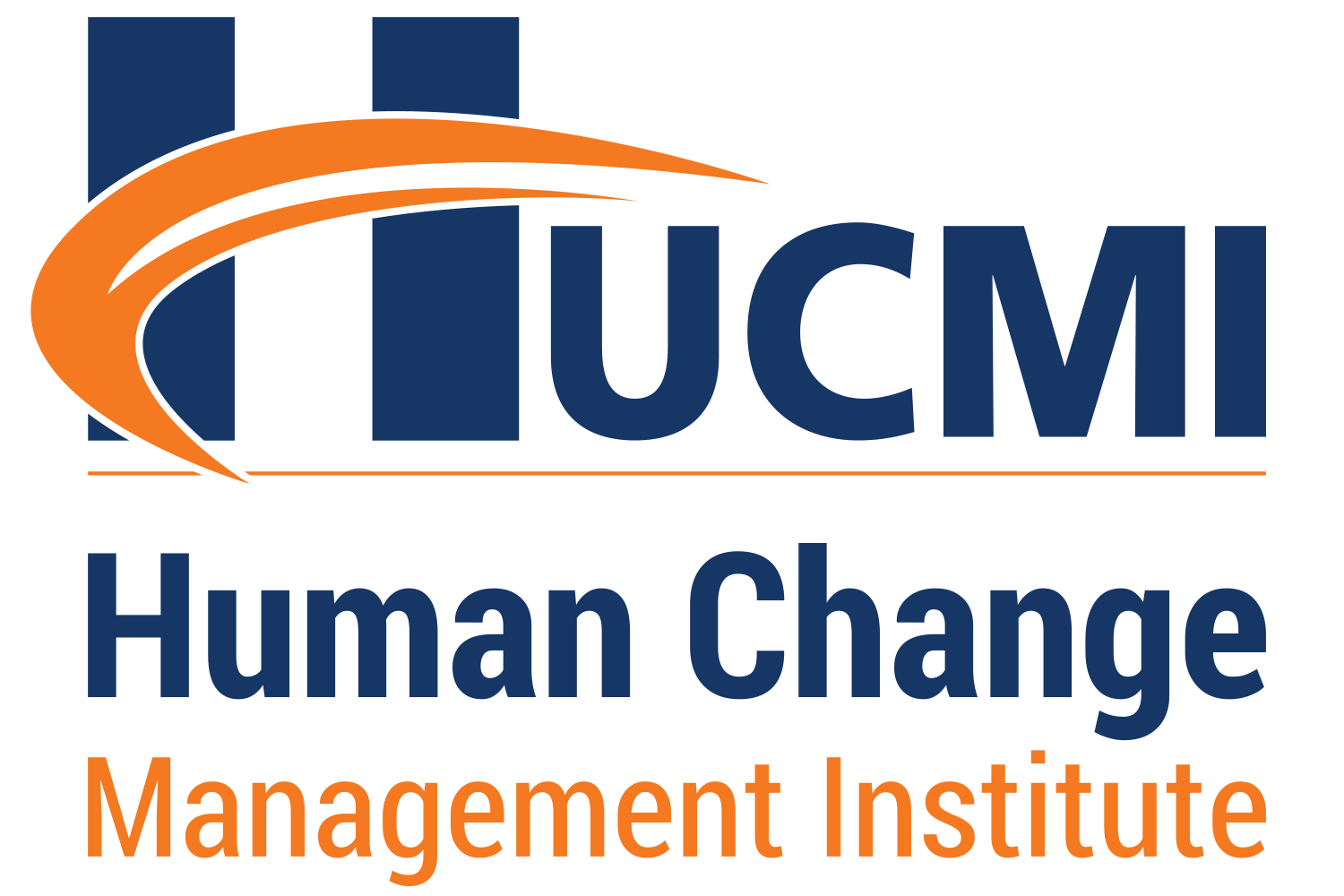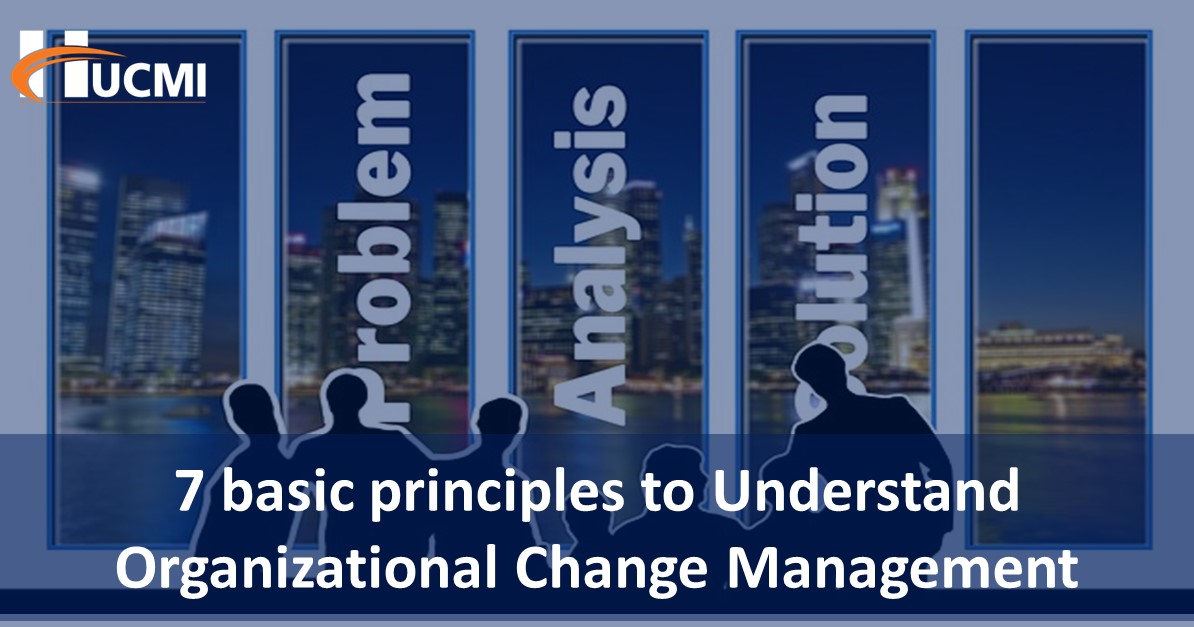An essential discipline for the success of any project
We often hear of projects that ended with some unmet expectation in terms of deadline, cost, or quality. In fact, we have rarely found projects that did not face any difficulty in relation to at least one of these variables, if not all of them. This is not a specific feature of information technology (IT) projects but of all types of ventures, despite the huge advances provided by project management methodologies in recent decades.
After all, what makes only 57% of projects finish within their initial budgets and 51% within their initial schedule, according to The Pulse of the Profession (PMI®, 2017)?
We believe there are various causes, but a characteristic common to all project management methodologies is the little attention paid to a major component—change management, or, in other words, the focus on the human being and its uniqueness.
According to a study carried out by PM SURVEY.ORG in 2013 (a global initiative of PMI® chapters), 75% of the cases of failure in the implementation of Project Management Offices (PMOs) in organizations with revenues over $1 billion are related to cultural resistance and issues that were not properly addressed. This rate varies from 76% to 60% in companies with revenues up to $100 million. Lack of sponsorship is another important factor mentioned by 75% of the large organizations as the cause of failure in this same type of endeavor. Still according to this benchmark, in the list of problems that occurred more frequently in project management in organizations with revenues between $500 million and $1 billion, communication is number one, mentioned in 86% of the cases. It is noteworthy that the survey data in PMSURVEY.ORG also showed deficiencies related directly to organizational change management.
Another important source of information is the study, Enabling Organizational Change Through Strategic Initiatives (PMI®, 2014), which shows that only 18% of organizations report being highly effective at organizational change management. This same source mentions that organizations that combine standardized project and program management practices and an effective change management, if compared with those that do not use the same approach, increase their success rate to meet the goals of strategic initiatives by more than 100%. Their rate of completing the strategic initiatives on schedule and on budget are on average 80% better.
Therefore, we believe that a solid change management approach is critical for the success of a project, no matter its type.
There is no magic formula to manage change. Each project is unique because it affects a different culture and, most important, different people, at different moments in time.
The world is not static, and organizations are also experiencing constant changes. As Heraclitus of Ephesus, a pre-Socratic philosopher, stated: “No man ever steps in the same river twice.”
However, following a methodology, using good practices and adequate tools to manage the change process can largely reduce project risks.
It is not by chance that the Fifth Edition of the PMBOK®, launched in 2013, contains a new area of knowledge—Stakeholder Management—thus showing a clear concern about the relevance of human factors for successful project management.
In the seventh edition of the PMBOK® guide, released in August 2021, Change Management appears in 2 of the 12 project management principles.
- Effectively engage with stakeholders
- Enable change to achieve the envisioned future state
This is a clear demonstration of the relevance that the management of human and organizational changes has been conquering as a critical factor for the success of any project.
No methodology will replace the change manager’s sensitivity, whether he or she is a professional dedicated to this activity or a project manager holding several roles.
Following a script with steps and activities recognized as good change management practice is a huge step forward to ensure the success of a project. And this is what HCMBOK® – The Human Change Management Body of Knowledge – addresses—an effective way to deal with human issues. It is not the only way, but no way can work without the human sensitivity of leaders to manage the human factor before the challenge of breaking old paradigms and changing the status quo.
Vicente Gonçalves
CEO – Human Change Management Institute

